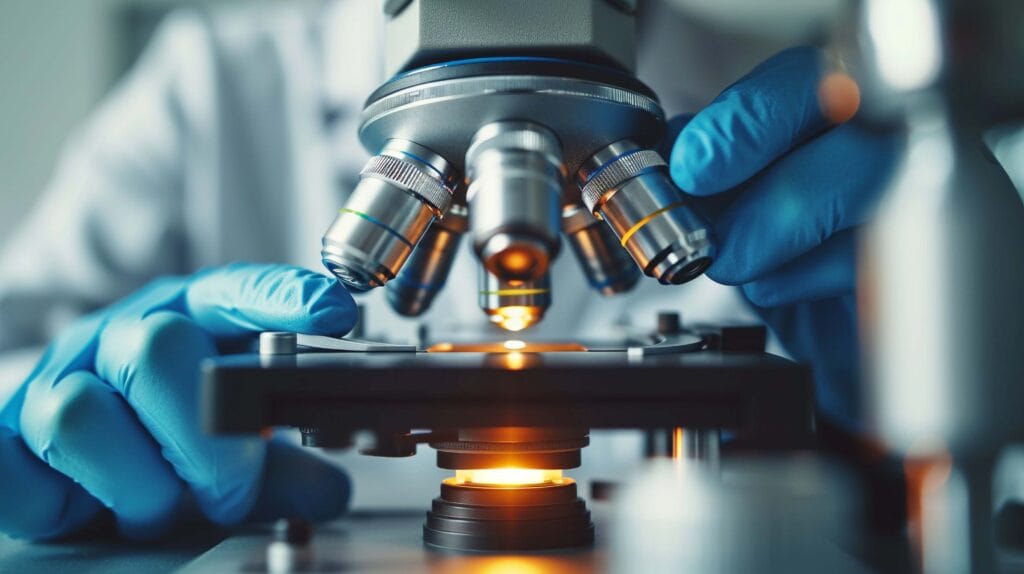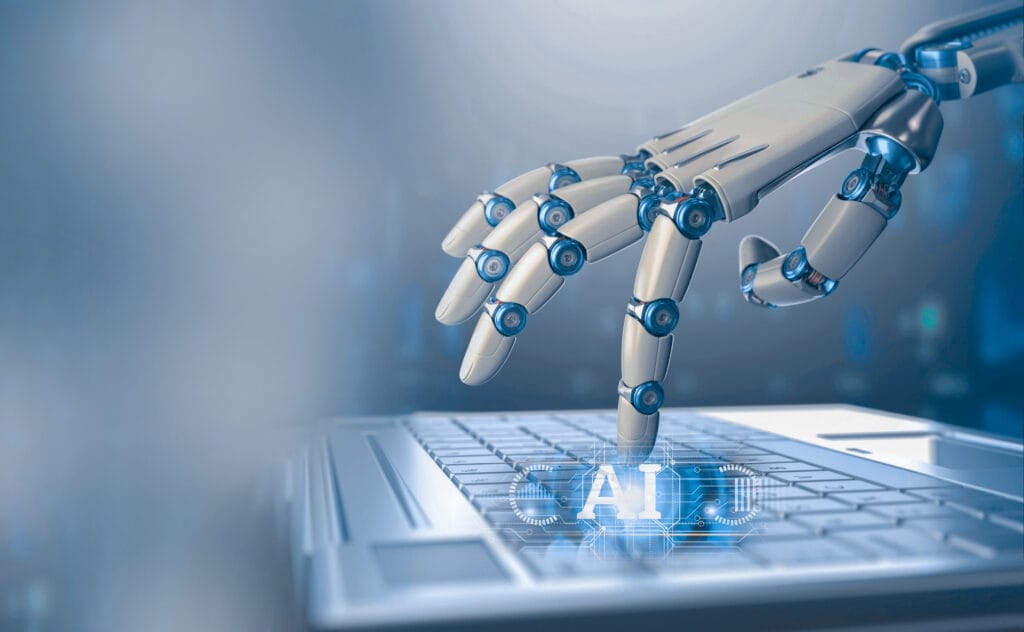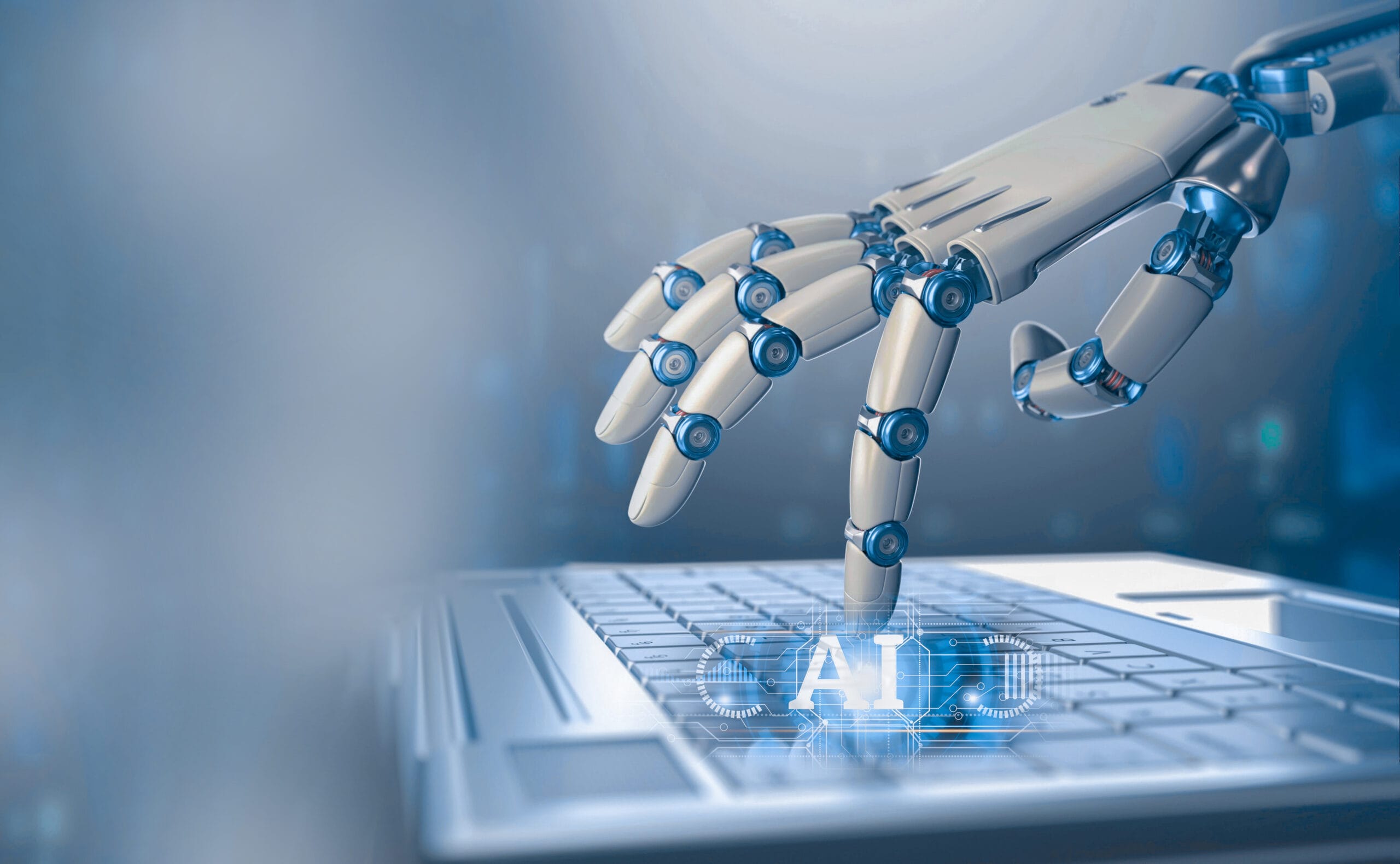The Intersection of Scientific Research and Artificial Intelligence
Artificial intelligence (AI) has become a game-changer in the world of scientific research, redefining the limits of exploration and innovation. Traditionally, research relied heavily on manual processes, limited resources, and time-consuming experiments. Today, however, AI has entered the scene, making groundbreaking contributions across fields as diverse as medicine, environmental science, and physics. The AI-scientific research intersection advances discovery, allowing faster and more accurate problem-solving with increased complexity. In this new era, AI isn’t just supporting research—it’s transforming how we approach science itself.
How AI is Transforming Traditional Scientific Research Methods
Historically, scientific research methods were labor-intensive and relied on trial and error, extensive testing, and precise manual data collection. AI has changed all of this by automating repetitive tasks, reducing human error, and enhancing analytical capabilities. Machine learning algorithms quickly find patterns in large datasets that would have taken humans years.
In chemistry, AI models predict molecular behavior, allowing digital hypothesis testing before real trials. AI tools aid in biology and medicine by recognizing images, identifying cells, and spotting subtle anomalies. Researchers can now focus on analysis and interpretation, speeding up scientific discovery with AI-powered methods.

AI and Big Data: Enhancing Data Collection and Analysis in Scientific Research
Scientific research generates enormous volumes of data, often referred to as “big data.” This data holds immense potential, but extracting meaningful insights is a complex challenge. Here, AI steps in to organize, process, and interpret these large datasets with remarkable efficiency. By employing machine learning algorithms, researchers can quickly identify patterns and correlations that would otherwise go unnoticed.
For instance, in environmental science, AI helps analyze data collected from satellites, sensors, and drones to track climate changes and predict environmental shifts. Similarly, in medical research, AI processes data from patient histories, genetic sequences, and real-time health monitors to uncover insights that could lead to new treatments or preventive measures. As big data continues to grow in size and complexity, AI’s role in managing, analyzing, and leveraging it is only becoming more critical.
Accelerating Discoveries with Machine Learning and Predictive Modeling
Machine learning (ML) and predictive modeling have transformed how discoveries are made in scientific research. Unlike traditional models that required strict human guidance, ML algorithms learn from data, improving their accuracy and efficiency over time. This capability has proven especially useful in fields where prediction and forecasting are essential.
In drug discovery, for example, machine learning models simulate how different compounds might interact with target proteins, significantly reducing the time required to develop new treatments. Similarly, predictive modeling in astrophysics helps scientists forecast the behavior of celestial bodies or cosmic phenomena. These models provide highly accurate predictions, enabling researchers to make discoveries with unprecedented speed and reliability.

The Role of AI in Drug Discovery and Medical Research
Drug discovery has traditionally been a long, costly, and often uncertain process, but AI is fundamentally reshaping it. AI-driven tools analyze complex biological data, simulate chemical reactions, and screen potential drug compounds, speeding up the discovery and testing phases. AI also assists in personalized medicine, analyzing genetic, environmental, and lifestyle data to develop treatments tailored to individual patients.
For instance, AI algorithms can analyze millions of compounds to identify those with promising therapeutic properties, significantly reducing the need for physical trials. Moreover, in medical imaging, AI identifies patterns and abnormalities that may go unnoticed by human doctors, aiding in early diagnosis and treatment. By integrating AI into drug discovery and medical research, scientists are not only accelerating the process but also improving the precision and safety of new treatments.
AI in Climate Science: Understanding and Mitigating Environmental Challenges
The field of climate science has also seen a remarkable transformation with the integration of AI. Climate researchers rely on AI algorithms to analyze data from various sources, including satellites, sensors, and weather models. This data can reveal patterns in temperature changes, greenhouse gas emissions, and extreme weather events, helping scientists understand the effects of climate change on a global scale.
AI plays a key role in predicting climate patterns and developing models to anticipate future changes. For instance, machine learning models analyze historical data to forecast rainfall, temperature fluctuations, and extreme weather events with high accuracy. By understanding these patterns, researchers and policymakers can take proactive measures to mitigate environmental damage, reduce emissions, and develop strategies to combat climate change. AI-driven insights in climate science are essential tools in our fight against the escalating climate crisis.
Automation and Robotics in Lab Research: Enhancing Efficiency and Precision
Automation and robotics have become essential tools in scientific laboratories, increasing both efficiency and accuracy. AI-powered robots are now performing tasks that were once done manually, from mixing chemical solutions to sequencing DNA. This automation frees scientists from routine tasks, allowing them to focus on designing experiments, interpreting results, and exploring new ideas.
For instance, robotic systems in genetic research can handle the time-intensive task of DNA extraction, sequencing, and analysis. In chemistry labs, automated systems can conduct thousands of experiments simultaneously, rapidly generating and analyzing results. By integrating AI with automation, laboratories can maintain high levels of precision and consistency, reducing the likelihood of human error and ensuring reproducible results.
AI’s Role in Genomic Research: Unlocking the Mysteries of DNA
Genomic research, which involves the study of genes and DNA, has advanced dramatically with AI integration. AI algorithms analyze complex genetic data, identifying mutations, patterns, and links between genes and diseases. By studying these relationships, scientists can better understand the genetic basis of diseases and develop targeted treatments.
For instance, AI models help identify genetic markers associated with diseases like cancer or Alzheimer’s, aiding in early diagnosis and personalized treatment strategies. Additionally, AI accelerates gene editing technologies such as CRISPR, helping researchers simulate genetic modifications and predict outcomes before real-world experimentation. As AI continues to advance, it will play a pivotal role in unlocking the secrets of our genetic code, transforming our understanding of health and disease.
Ethical Considerations in AI-Driven Scientific Research
With AI’s increasing role in scientific research, ethical concerns have emerged. Privacy, data security, bias, and transparency are key issues that researchers must address to ensure responsible use of AI. AI systems often process sensitive data, especially in fields like medical research, where patient confidentiality is paramount. Ensuring that data is secure and anonymized is essential to maintain ethical standards.
Bias is another concern, as AI models trained on unbalanced datasets can produce skewed results, potentially leading to inaccurate conclusions. Transparency is equally important; researchers need to understand how AI systems make decisions, especially when lives may be affected. As AI becomes more embedded in scientific research, addressing these ethical considerations will be crucial for maintaining public trust and scientific integrity.
Future Perspectives: How AI Will Continue to Shape Scientific Research
Looking forward, AI’s influence on scientific research is set to grow exponentially. As algorithms become more advanced and datasets expand, AI’s potential in science will only increase. Future applications may include fully autonomous laboratories, where AI systems conduct experiments, analyze results, and suggest new hypotheses without human intervention.
Moreover, AI could enable real-time data sharing and collaboration across global research teams, breaking down barriers and accelerating innovation. The future of scientific research will be a collaborative effort between human scientists and AI, combining creativity and computational power to push the boundaries of knowledge. As we move forward, AI will not just assist in scientific research—it will be an essential partner in every major scientific breakthrough.

